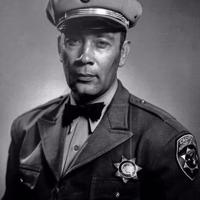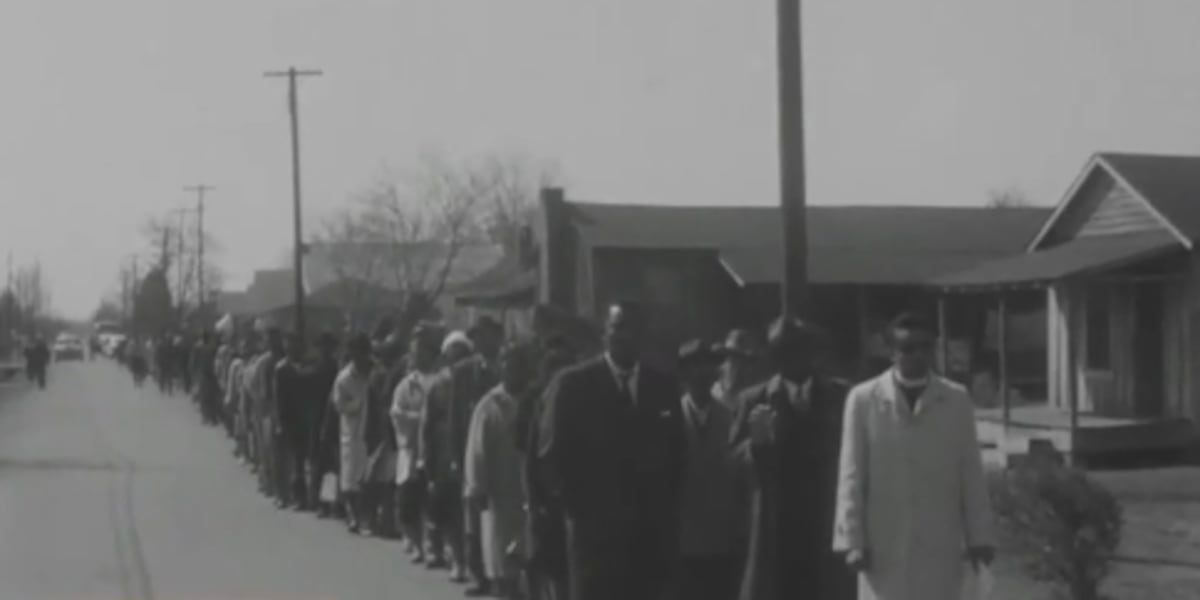- BlackVoter.Org
- Posts
- BlackVoter.Org
BlackVoter.Org

Mayor Eric Adams may dodge a criminal trial as the Justice Department moves to drop corruption charges against him, but that hasn't shielded his political future from turmoil. The push to dismiss his case has ignited a firestorm of criticism, with prominent Democrats, including Rep.
Alexandria Ocasio-Cortez, demanding his resignation. Many believe he’s under President Trump's influence, plunging trust in Adams to new lows.
Calls for accountability are intensifying, with civic leaders and even some of his erstwhile allies urging Governor Kathy Hochul to intervene. As scandal looms and pressure mounts, the mayor’s hopes of stabilizing his tenure seem increasingly precarious, leaving New Yorkers questioning the integrity of their city’s leadership.

In a heartfelt tribute during Black History Month, the Mojave area office of the California Highway Patrol commemorated Officer Homer L. Garrott, the first African American CHP officer in California's history.
Born in 1915 in Los Angeles, Garrott's remarkable journey began with military service before he passed the civil service exam and joined the CHP in 1942, where he served for 22 years—mostly as a motorcycle officer. Notably, he balanced his law career by attending law school at night, ultimately becoming a judge in 1973, appointed by Governor Ronald Reagan.
The honored officer’s legacy lives on, with a dedicated exhibit at the CHP Museum showcasing his story, including his custom revolver and treasured photographs. The Mojave CHP is proud to celebrate Garrott’s trailblazing contributions as they express gratitude for his service, shining a light on an inspiring figure in law enforcement history.

Bloomington is set to ignite creativity and community spirit at its inaugural ‘Black Market’ this Saturday from 9 a.m.
to 1 p.m.
at City Hall! This vibrant event celebrates Black History Month by showcasing over 30 local Black-owned businesses, artists, and organizations, including the African Student Association and the Black Film Center & Archive. Attendees can explore unique creations from local entrepreneurs like jewelry designer Dawn Williams and enjoy delicious offerings from Carson’s BBQ & Catering.
The market not only highlights contemporary talent but also honors the original Black Market, tragically destroyed in 1968, which served as a beacon of culture and resilience. The city emphasizes that this gathering is a powerful reminder of Black Americans’ enduring legacy and impact on our nation.
In the February 13, 2025 episode of "Roland Martin Unfiltered," pressing political and social issues take center stage. The potential $70 million cuts to NIH funding for Birmingham's University of Alabama could devastate jobs and research—an alarm sounded by Mayor Randall Woodfin.
The episode also delves into the fallout from allegations against New York Mayor Eric Adams, leading to resignations among federal prosecutors under pressure from the Trump administration, raising ethical concerns about justice in politics.
Moreover, the conversation shifts to the declining engagement of Black voters, urging the Democratic Party to revamp its outreach strategies as elections loom.
Highlighting challenges faced by marginalized communities amid climate change, hosts Jamira and Bria, with expert Dorian Paul, stress the importance of community resilience and advocacy during environmental crises. They inspire action to support local initiatives and foster recovery, turning the community into the “cavalry” needed for meaningful change.

The Black church has played a pivotal role in the Civil Rights movement and continues to champion social justice today. Rooted in the struggle against racism, these congregations emerged as powerful voices of resistance, providing spaces for community, hope, and activism dating back to pre-1776 America.
Scholars highlight how, post-Civil War, Black churches became foundational in advocating for anti-slavery efforts and political engagement. Revered leaders, like Dr.
Martin Luther King Jr., utilized the church as a launchpad for activism, uniting faith and political action.
Despite changing dynamics and declining attendance in some areas, the Black church remains committed to addressing pressing societal issues—like economic inequality and mental health—regardless of political affiliations. As leaders speak truth to power, they ensure that the voices of marginalized communities are heard, embodying the enduring mission of the Black church to foster human dignity and community flourishing.

The Voting Rights Act of 1965 marked a transformative moment in American history, prohibiting racial discrimination in voting. As we celebrate its 60th anniversary, civil rights activist MacArthur Cotton reflects on the dangers faced by African Americans striving for their voting rights.
He recounts the terror that loomed over those attempting to register and the slow, perilous work of mobilizing voters in Mississippi. While the Act catalyzed some change, Cotton laments that it hasn’t fully protected against ongoing erosions of voting rights.
Today, he urges the younger generation to recognize and exercise their voting power, emphasizing the continued importance of civic engagement in safeguarding rights that many fought hard to achieve. As Cotton puts it, "There was never any intention for us to have any rights in this country," reinforcing the need for vigilance and action to ensure those rights endure.

In a poignant tribute, Dr. Julianne Malveaux honors Daniel Murray, a key figure from the Library of Congress whose legacy exemplifies the struggles faced by African Americans in the federal workforce.
Initially an Assistant Librarian, Murray was demoted and marginalized under Woodrow Wilson's segregationist policies, highlighting the chilling reality of government betrayal. Malveaux draws parallels between past and present, lamenting that the U.
S. government has historically wielded its power against its own citizens, particularly Black Americans.
The piece underscores the importance of remembering figures like Murray, especially during African American History Month, reminding us that the fight for equity and recognition continues. His contributions and the Murray Collection serve as vital resources for understanding this enduring struggle.
As Malveaux reflects on government actions both then and now, the message remains clear: history is not merely a record of the past but a warning for our future.